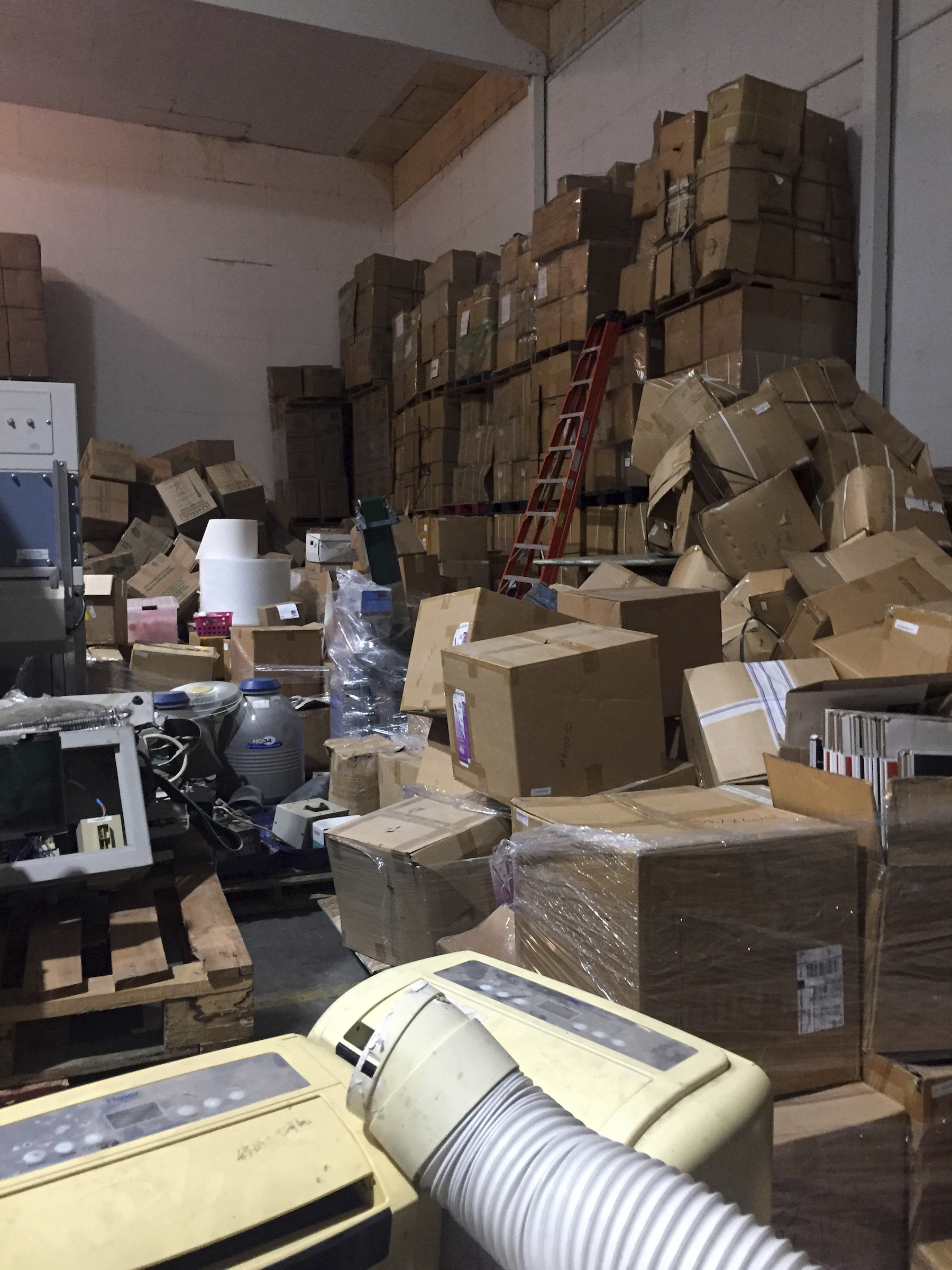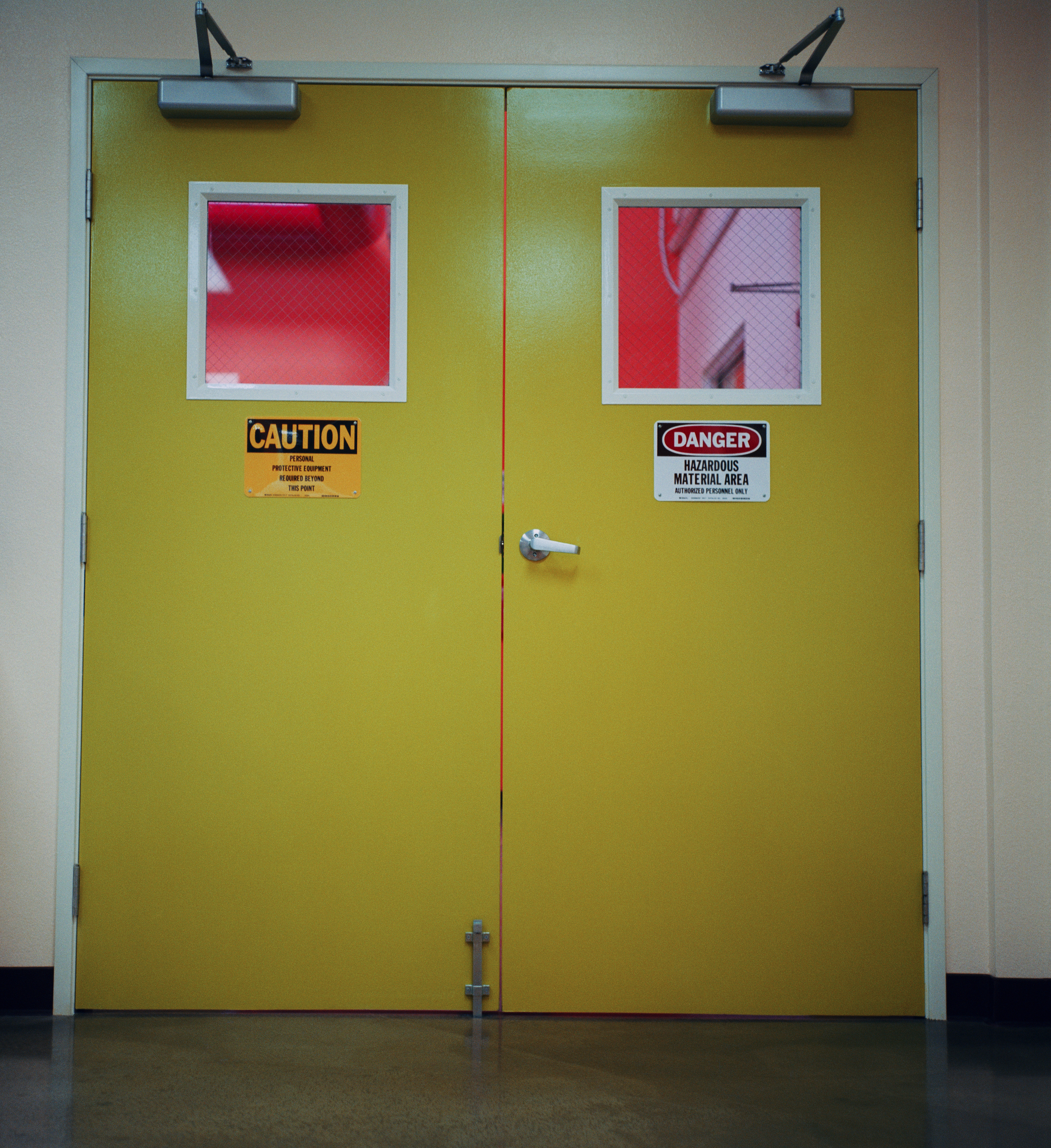Recently, many California residents were disturbed to learn that a small, privately-operated bio lab in the Central Valley town of Reedley was shut down by Fresno County Department of Public Health officials after they found that it had been improperly managing almost 1,000 laboratory mice and samples of infectious diseases including COVID-19, rubella, malaria, dengue, chlamydia, hepatitis, and HIV. The lab was registered to a company called Prestige Biotech that sold a variety of medical testing kits, including for pregnancy and COVID-19, and it was likely storing disease samples for the purpose of developing and validating its testing kits. Government authorities are still investigating the company’s history, but it appears to have previously operated a lab in Fresno under the name Universal MediTech, where city officials flagged it for investigation regarding improperly stored chemicals.
From what is publicly known, the Reedley lab should likely have followed proper biosafety practices to minimize the risks of an outbreak, and it apparently failed to do so. It could have caused illness, disruption, or even death among local communities and beyond depending on the circumstances of an outbreak. The Centers for Disease Control and Prevention (CDC) maintains a system of four “Biosafety Level” standards that are used worldwide for work with dangerous pathogens. Based on the pathogens that were being used at the Reedley lab, it probably should have followed Biosafety Level 3, which involves controlling the airflow inside the lab as well as a host of other practices, equipment, and facility design requirements.
Yet, astonishingly, the U.S. government seems to not have even known that the Reedley lab existed until it was discovered by chance by Jesalyn Harper, an observant local city code enforcement officer—the only such officer working full-time in the entire city. Once discovered, the Fresno County and California Departments of Public Health found it to be in violation of local and state codes, including those for registering clinical labs and managing medical waste. Based on our reading of available information, it was likely also in violation of federal Occupational Safety and Health Administration regulations for protecting workers from bloodborne pathogens. But these codes require proactive reporting, and the lab simply never reported any issues to regulators. In slightly different circumstances, it would likely have continued to operate unnoticed for a long time.
How could such a gap in oversight exist? It’s complicated. Bio labs in the U.S. are overseen by a patchwork of partially overlapping regulations that cover different types of work and exist at different levels of scale, such as the institution, city, county, state, and nation.
There is extensive and unified federal oversight when it comes to a short list of the most lethal pathogens (the so-called “select agents”), such as anthrax and Ebola, no matter who works with them, where, or why. Beyond the select agents, however, responsibilities are divided. Labs within the government itself are required to submit to oversight from their respective agencies, while any labs that import any infectious biological agents from a foreign country need permits from the CDC and the Department of Health and Human Services.

Other forms of oversight are attached to federal funding. For example, the National Institutes of Health maintains biosafety and biosecurity guidelines for institutions that receive federal funding for research involving recombinant DNA, which includes virtually all academic labs and nonprofit bio research firms. Most academic labs are also overseen by their own institution’s Environmental Health and Safety departments. In addition, academic research also tends to be relatively public and high-profile by nature compared to government or private-sector research, which limits the risk that an academic lab might operate under grossly inappropriate biosafety standards.
To summarize: bio labs in the U.S. fall through the cracks of government oversight if they are privately operated (i.e., not academic or government), do not receive funding from the government, and are not working with select agents. These “invisible” labs have much more leeway to work with pathogens that are not select agents but could still cause outbreaks, severe illness, and death—a category that includes some of the ones that the Reedley lab acquired. A forthcoming report by Gryphon Scientific, the biosafety and public health consultancy where one of us works, estimates that about ¼ of human pathogen research activities in the U.S. are performed by labs inside of private organizations, and about ¼ of those private organizations are “invisible.”
Though invisible bio labs make up a relatively small share of the many bio labs operating in the U.S., federal oversight of them is essential. Many of these private labs have voluntarily adopted excellent biosafety practices, but relying on voluntary adoption isn’t sufficient protection from pathogens that pose broad risks. Just as the federal government licenses and regulates all civilian use of radioactive materials, it should do the same for all sufficiently dangerous pathogens.
This should involve simplifying and unifying the existing regulatory patchwork under a clearly-defined agency with regulatory power. Such an agency should be given the funding and power to require organizations working with certain pathogens to report their activities. The agency should also control the sale of those pathogens, conduct periodic audits, and reform or shut down labs that fail to meet appropriate standards. Overseeing private labs would allow the U.S. to catch up to countries like Canada and Switzerland that combine sensible oversight with robust biotech and scientific enterprises.
The lack of clear oversight for invisible bio labs such as the Reedley labs has captured the attention of both experts and the public. In January 2023, the National Science Advisory Board for Biosecurity, a panel of scientists and scholars that advises the federal government on issues related to risky bio research, recommended “enhanced oversight” of non-federally-funded research, noting that “Such oversight would help to enhance federal awareness of relevant research.” The city of San Carlos, Calif., also recently voted to ban the operation of bio labs that operate at Biosafety Level 3 or 4 within its borders. Tensions will likely continue to rise between a burgeoning Bay Area biotech industry and a concerned subset of over 3.5 million Silicon Valley residents.
Since the discovery of the Reedley lab, Harper, the local code enforcement officer who originally spotted it, has joined calls for stronger regulation of private labs. We are lucky that she happened to notice the Reedley lab before an accidents or illnesses occurred, but we should not need to rely on such luck. Though the circumstances and pathogens involved are very different, the debates around the origins of COVID-19 have served as a general reminder that accidental leaks from unsafe labs are entirely possible and potentially destructive. Proper federal oversight could make invisible labs more visible and prevent unsafe labs from working with dangerous pathogens in the first place.
Dan Greene, Ph.D., is a senior analyst at Gryphon Scientific, a public health and biosafety consultancy. He was previously a postdoctoral fellow at the Center for International Security and Cooperation at Stanford University and a fellow in the Emerging Leaders in Biosecurity program at Johns Hopkins University.
Jassi Pannu, M.D., is a fellow at the Johns Hopkins Center for Health Security and an internal medicine resident physician at Stanford University. She previously served as a fellow in the Emerging Leaders in Biosecurity program and with the Council for Strategic Risks.
Allison Berke, Ph.D., is the director of chemical and biological weapons nonproliferation at the Middlebury Institute of International Studies at Monterey. She previously directed California technology policy research at the Stanford Institute for Economic Policy Research.
More Must-Reads From TIME
- The 100 Most Influential People of 2024
- Coco Gauff Is Playing for Herself Now
- Scenes From Pro-Palestinian Encampments Across U.S. Universities
- 6 Compliments That Land Every Time
- If You're Dating Right Now , You're Brave: Column
- The AI That Could Heal a Divided Internet
- Fallout Is a Brilliant Model for the Future of Video Game Adaptations
- Want Weekly Recs on What to Watch, Read, and More? Sign Up for Worth Your Time
Contact us at letters@time.com
